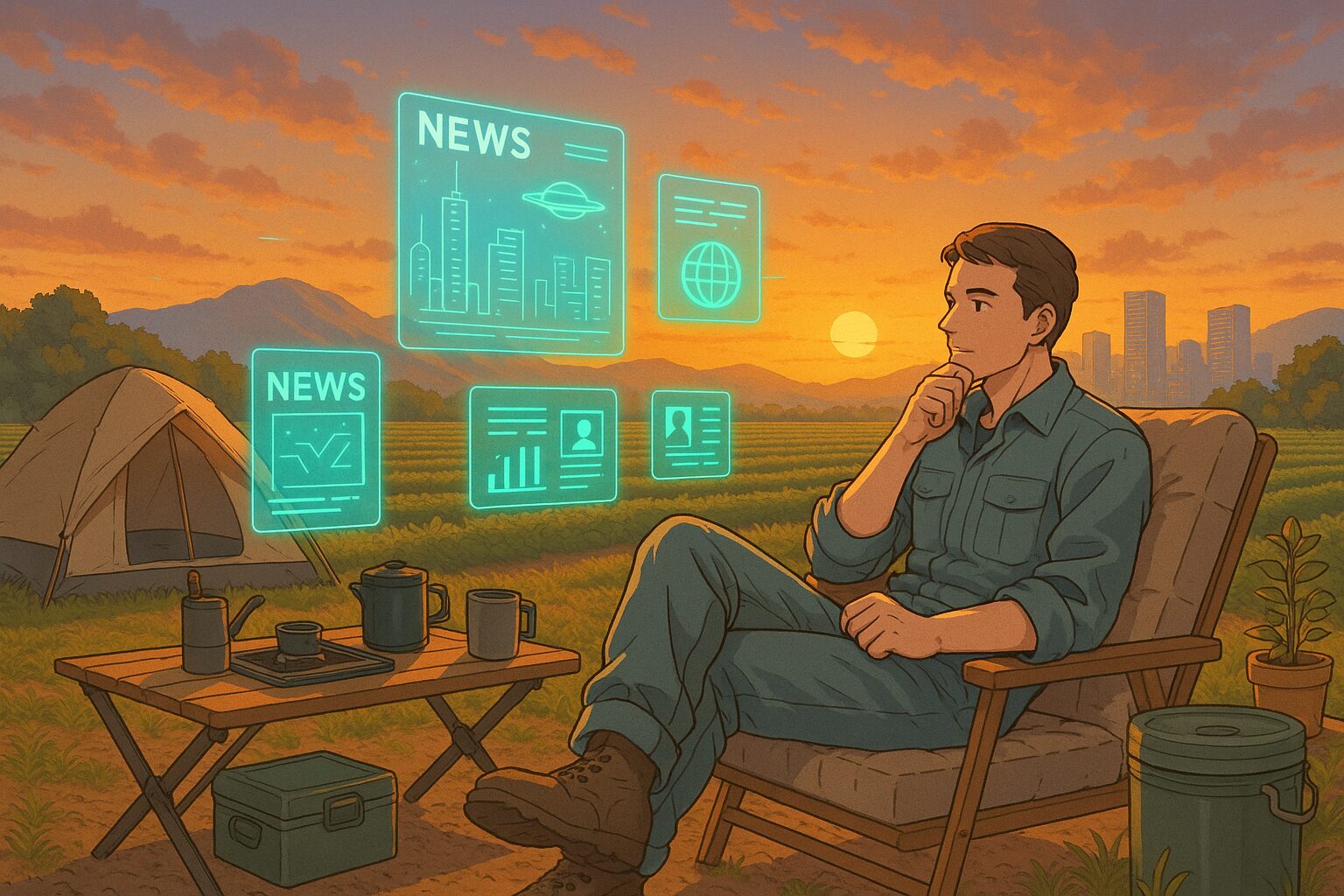With climate change becoming a pressing issue, technological innovation may provide solutions. RMI’s climate technology accelerator “Third Derivative” has welcomed 18 startups. If this trend continues, how will our future change?
1. Today’s News
Source:
https://esgnews.com/rmi-welcomes-18-climate-tech-innovators-to-drive-global-decarbonization/
Summary:
- RMI’s “Third Derivative” has welcomed 18 new startups.
- The participating startups are selected from six countries and span four continents.
- This program aims to accelerate the development of climate technology.
2. Considering the Background
As the impacts of climate change affect daily life, the decarbonization of industries is urgent. Developing new technologies is key to building a sustainable future. Many countries are implementing policies to address environmental issues; however, solutions will not be reached without technological innovation. This news suggests the role that innovation will play against this backdrop.
3. What Will the Future Hold?
Hypothesis 1 (Neutral): A Future Where Climate Technology is Commonplace
As the adoption of climate technology progresses, it will naturally integrate into the everyday lives of companies and individuals. Energy efficiency and resource recycling will advance, reducing the burden on the Earth’s environment. Consequently, environmental awareness may increase, making climate-conscious lifestyles the norm.
Hypothesis 2 (Optimistic): A Future of Significant Development in Climate Technology
We may see a future where groundbreaking technologies emerge from startups, leading to rapid decarbonization in industries. This could result in a significant reduction in greenhouse gas emissions and a slowdown in global warming. People will have high expectations for technological innovation, spurring further investment in development.
Hypothesis 3 (Pessimistic): A Future Where Climate Technology is Lost
Even with technological advancements, a slow uptake could limit their effectiveness. Implementing technologies may incur costs, and more companies might prioritize short-term profits. Consequently, responses to climate issues could be delayed, leading to worsening environmental conditions.
4. Tips for What We Can Do
Thoughtful Approach
- Consider how the changes brought by climate technology can be integrated into future living.
- Be aware of how your choices affect responses to climate issues.
Small Practical Tips
- Selecting eco-friendly products allows you to contribute as an individual.
- You can share news about climate technology with others to spread information.
5. What Will You Do?
- What actions will you take to support the development of climate technology?
- What strategies might be needed to make environmentally conscious choices in daily life?
- What kind of information will you gather to deepen your understanding of climate technology?
What kind of future do you envision? Please share in quotes or comments on social media.









